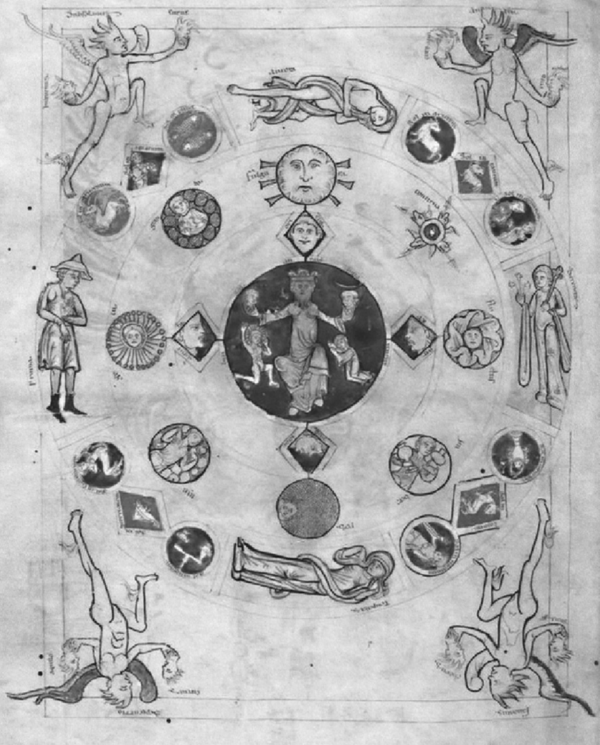
- Sponsor
- Program in Medieval Studies
- Contact
- Renée R. Trilling
- trilling@illinois.edu
- Phone
- 217-244-5655
- Views
- 68
Dr. Joseph Turner
University of Louisville, English
"Revising Plato in the General Prologue"
From its opening with the word "whan" or "when," Chaucer's General Prologue demonstrates a deep interest in time. The poem begins with cosmic time, or the annual movement of the constellations and the changing of seasons that signals the opportune time “to goon on pilgrimages.” It then descends from the cosmos to dwell on the here-and-now of a group of rowdy pilgrims talking noisily on pilgrimage to Canterbury. These competing temporalities, one eternal and one contemporary, reveal multiple attitudes toward the power of poetry. On the one hand, Chaucer interrogates the medieval Platonic inheritance, which artists such as Bernardus Silvestris and Alan of Lille had used to justify the potential of poetry to lead souls to God. On the other, Chaucer offers a newer, rhetorical model that insists on more license for poets and more interpretative freedom for readers.